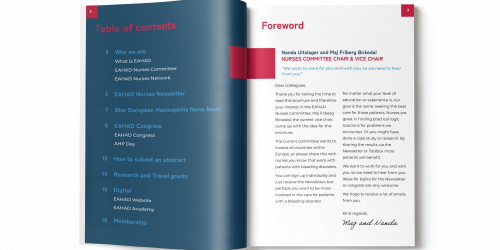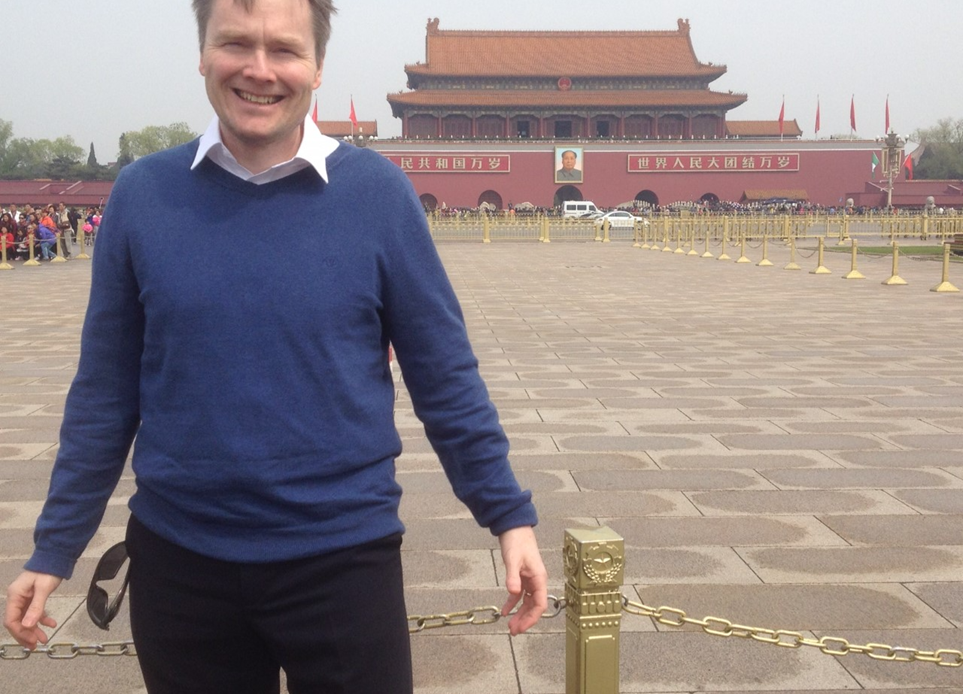Nurses Committee Newsletter
Fall 2023
Webinar "How to write an abstract"
Welcome to this exciting project, a collaborative effort between the Nurses Committees of the European Association for Haemophilia and Allied Disorders (EAHAD), the International Society on Thrombosis and Hemostasis (ISTH), and the World Federation of Hemophilia (WFH). We worked together to increase the active participation of the nurses in bleeding disorder care during congresses. Most of us remember how we felt writing the first abstract, creating a good poster or making a solid presentation.
This is the first of a three-part series. In this initial part, we will guide you through the art of writing an abstract with the invaluable expertise of Dr. Kate Khair from Haemnet. We will draw inspiration from Marcela Ganzela who crafted a case report focusing on one of her patients, and Femke Yspeerd who has kindly permitted the use of the abstract she submitted and presented at the EAHAD AHP Day in 2023.
You’re not alone in feeling stressed, read some of our fun facts with abstracts
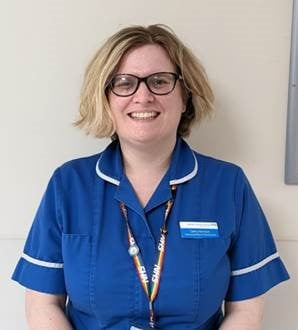
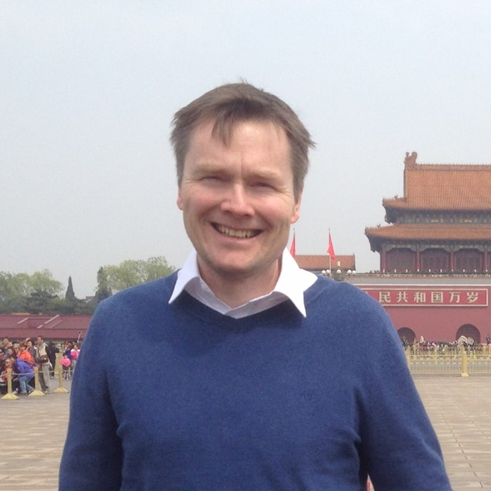

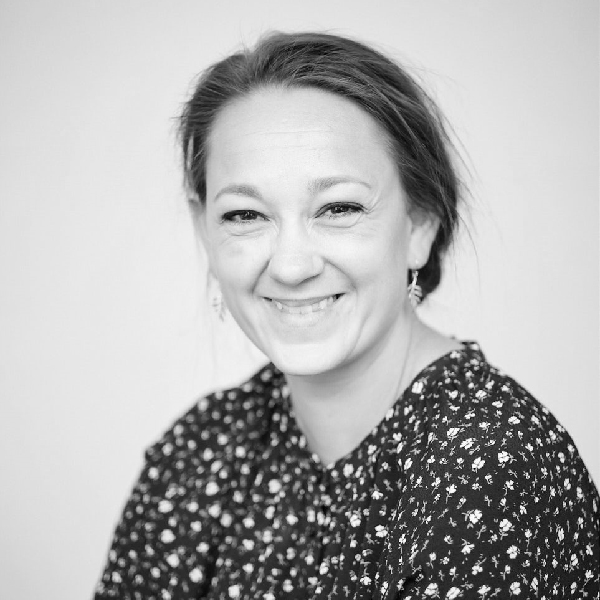
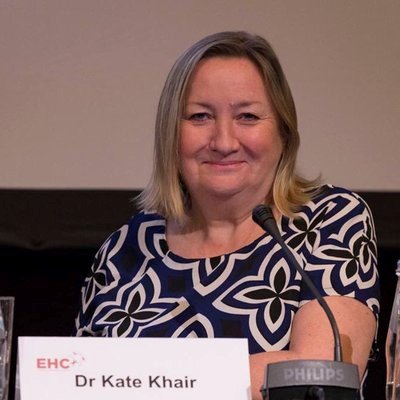
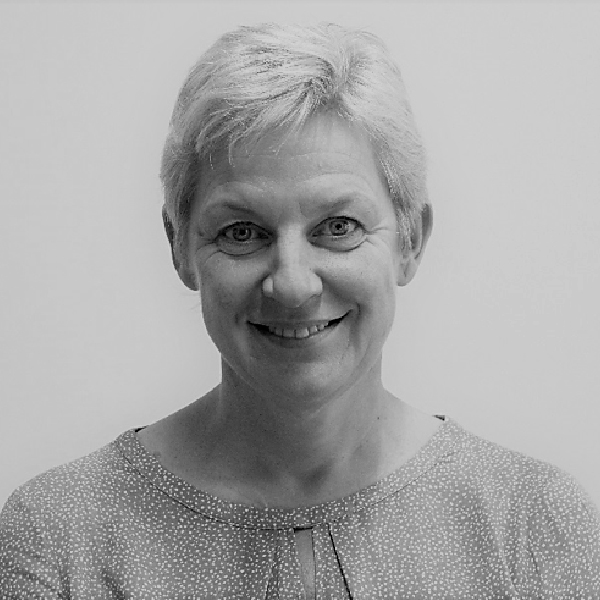
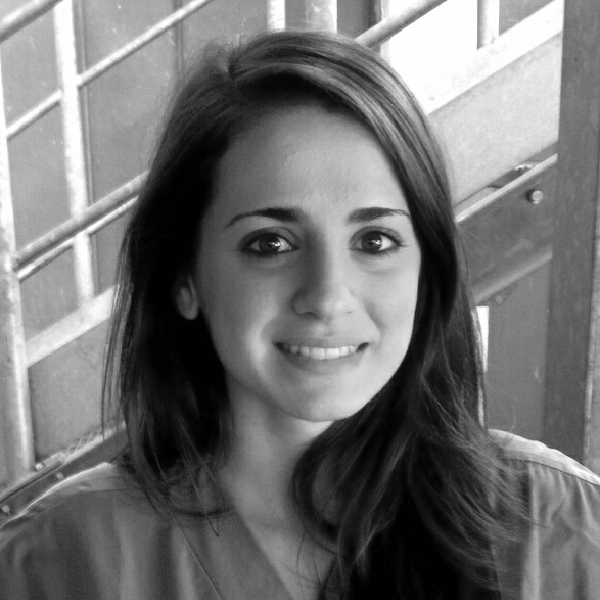
Nominate a haemophilia nurse for the EAHAD Nurses Committee Award!
Let’s focus on all the good work that is being done by European haemophilia nurses. Do you have an outstanding colleague making a difference, or perhaps a nursing-led project at your center deserving recognition? The EAHAD Nurses Committee will choose an extraordinary nurse to honor with the prestigious Star European Haemophilia Nurse award!
Please write a short explanation (maximum one page) highlighting the nurse’s work, project, or exemplary patient care and send it to: : info@eahad.org. This could include patient information materials and educational projects, nursing clinics, quality projects, excellent patient care, activity in the bleeding community, etc. Nominees must be registered nurses in Europe and the last date to nominate is the 19 of January 2024.
What the EAHAD Nurses Committee can offer you?
The purpose of EAHAD Nurses Committee is to improve the quality of care for people living with haemophilia and allied bleeding disorders throughout Europe by promoting nurses as members of the multidisciplinary team both in their role providing clinical care as well as engaging in scientific research.
The roles, tasks, and positions of the nurse vary greatly throughout Europe, as do the opportunities for nurses to attend congresses and/or receive training.
The committee recently published an online brochure describing the many ways we can assist via the network, grants, online education, and much more. For specific details or examples, feel free to explore the brochure available on our website.
Meet your colleague!
This fall we want you to meet a colleauge of ours Huw Roswell.
Huw is vice chair of the ISTH nurses committee and part of the colaborating group consisting of members from the EAHAD Nurses Committee, the WFH Nurses Committee and the ISTH Nurses Committee.
The collaboration has already given rise to the webinar “How to Write an Abstract,” with more exciting ones on the horizon.
As a child, what did you want to be when you grew up?
Obviously, the usual footballer or musician but lack of talent made those impossible. I actually worked in banking for six years prior to my nurse training.
Who were your childhood heroes?
Alexander the great, Billy Bragg remains to this day, Guy Whittingham footballer.
What’s the one thing about you that few people know?
Have a motorbike license.
Name 3 active hobbies you love:
Running, gardening and dog walking.
Name 3 quiet hobbies you love:
Reading, crosswords and listening to music.
Can you give us a brief overview of what you do in your work?
Worked as a consultant practitioner in thrombosis and the hospital lead for VTE prevention. I collect data on all VTE cases diagnosed within the hospital carry out root cause analysis on cases of hospital-acquired VTE, review patients on anticoagulation at 3-6/12 to look at whether to continue treatment and update policies considering research and national guidance updates.
What’s next for you in your work?
I am working with a colleague on a paper about VTE prevention and treatment in the Antarctic and writing up data from ten years of treatment for cancer-associated thrombosis.
What are you looking forward to?
Going to Chicago in October to run the marathon.
What makes you concerned or worried?
From a work perspective issues with staffing low morale burn trying to do more with less and a government that appears not to care. Personally, the environment and we are moving toward global warming which will be unsustainable.
When you think of the future of the kind of work you do, what gives you a sense of hope?
New medications, better awareness of thrombosis getting back to face-to-face meetings.
EAHAD Nurses Bleeding Disorders Toolbox
One of the greatest strengths of nurses is their ability to find practical solutions to problems they or the people they care for encounter. Most nurses are not so good at taking credit for this.
To share concrete information, we started to collect great ideas and/or practical solutions to help our patients with bleeding disorders and better organise our nursing activities. We called this instrument: “EAHAD Nurses Bleeding Disorders Toolbox” and we began to fill the toolbox with existing material found on specalised scientific organisation as well as examples taken from different haemophilia treatment centres.
Please find attached the new PDF version of the Toolbox! This document is interactive and could be saved on mobile phones and personal computers from the website.
Sharing knowledge is a key way to standardise procedures and provide quality of care.
This is why we invite you to share your own ideas by emailing us at info@eahad.org, so that they can be useful to all European nurses.
Let’s create together a regularly updated and practical Bleeding Disorder Toolbox!
EHC 2023 Recap
The European Haemophilia Consortium (EHC) is an international non-profit organisation representing 48 national patients’ organisations for people with rare bleeding disorders from 27 Member States of the European Union (EU) and most Member States of the Council of Europe. (https://www.ehc.eu)
Representing approximately 90,000 people diagnosed with rare bleeding conditions such as haemophilia, von Willebrand Disease (VWD) and other rare bleeding disorders across Europe. However, experts estimate that many more live with an undiagnosed rare bleeding disorder.
The EHC draws on the knowledge of patients, healthcare professionals, the scientific community, the European institutions and the pharmaceutical industry to share expertise within Europe. The EHC also collaborates closely with other European patient organisations to ensure a strong collective voice for people with rare bleeding disorders.
What is really great about this conference is the fact that the PwBD are giving an insight in topics that are special for them and how their day-to-day life is: what is needed and how to raise awareness. You can look up the topics of this year (EHC 2023 Programme).
Next year the conference will be in Sofia, Bulgaria, so keep checking the website for more information.
EHC – Outreach to nurses from eastern Europe
The EAHAD Nurses Committee was represented this year at the EHC Conference in Zagreb by Nanda Uitslager, Chair, and Maj F Birkedal, vice chair. While our network already spans across most European countries, we recognize the need for broader inclusion, particularly in eastern Europe where representation is currently lacking. As care and access to treatment can vary in Europe, our committee is committed to include the voices of all nurses across Europe.
During our presence at the EHC Conference our aim was to foster collaboration with nurses in Eastern Europe and invite them to be part of our network.
Seven nurses from Croatia and Bosnia participated and offered insight into the tasks and responsibilities as well as opportunities and challenges for haemophilia nurses in their respective countries. This experience set the stage for future collaborations.
We are more than happy to welcome them to our network.


